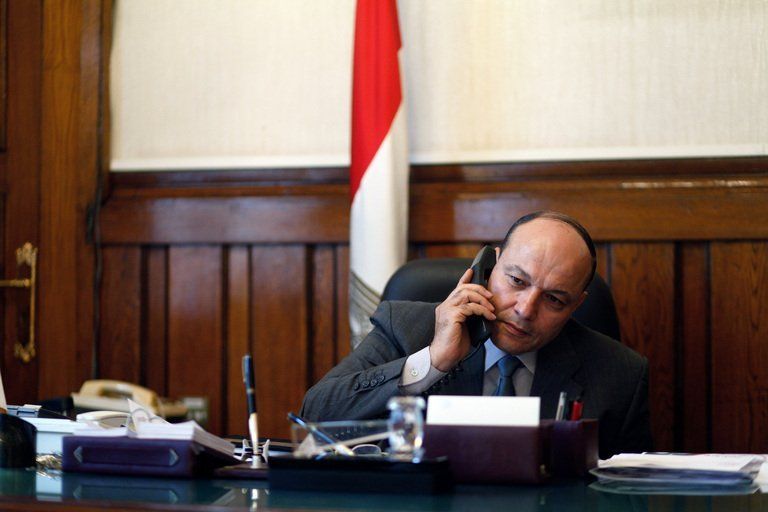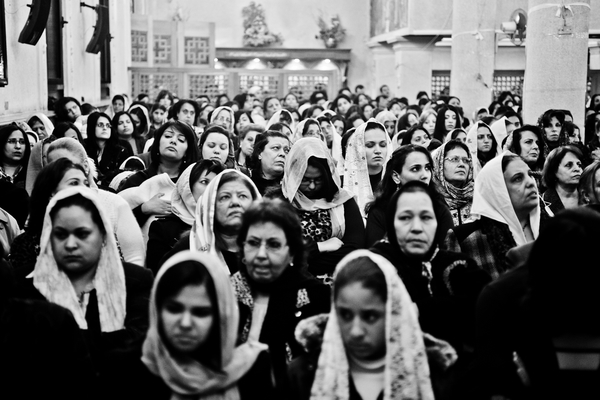
The public prosecution said there were no facts incriminating President Mohamed Morsi in the deaths of protesters in Cairo or other parts of Egypt. Prosecutor General Tala’at Abdallah’s new spokesman, Mostafa Duweidar, addressed the press for the first time on Sunday morning.
He said that the wave of violence was not in the president’s hands and that there were “no surprises” in the developing prosecution against former president Hosni Mubarak.
Duweidar said the public prosecution had continued investigating the case of Hamada Saber, a protester who was stripped, beaten and dragged by Central Security Forces (CSF) at the presidential palace. He added that the prosecution was also investigating the death of 28 year-old activist Mohamed Al-Gendy, saying that preliminary reports indicated that Al-Gendy was killed in a car accident. However, the spokesman said that only the final results of these investigations would reveal the truth.
Dueweidar indicated that Abdallah had made specific requests to accelerate the pace of the investigations “for the sake of convenience and prompt justice”.
The spokesman affirmed that the prosecution considered and examined all complaints, and stressed that “no one is above the law”, saying that all submissions were dealt with using the framework of a legal and unbiased procedure. Duweidar also stressed the importance of transparency when the public prosecution was conducting investigations.
He denied that the institution was politicised, stressing that it was independent from any political force in the country. Many critics of President Mohamed Morsi claimed his 22 November presidential decree, which appointed Abdallah, proved that he was politically-motivated to influence the inner workings of the judiciary.
Duweidar also affirmed that the public prosecution was in the process of improving its inner workings and provide more training for its employees.


